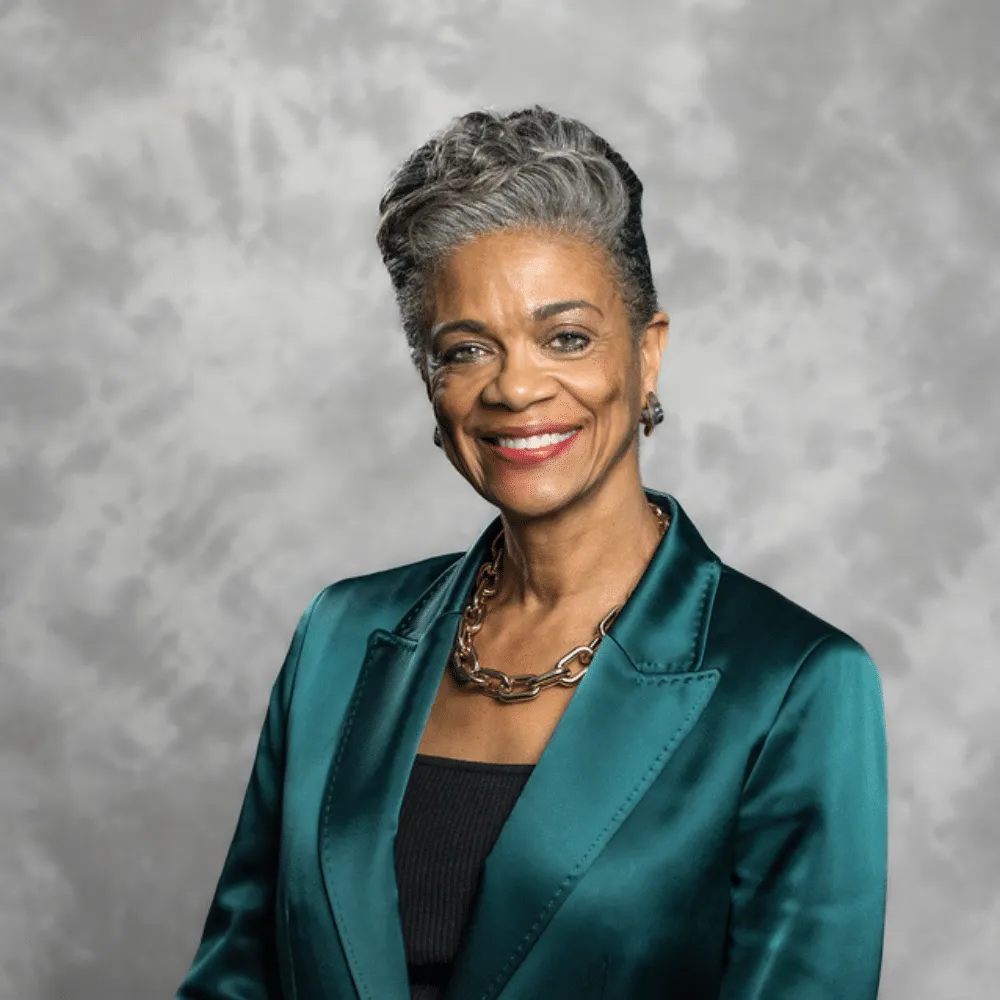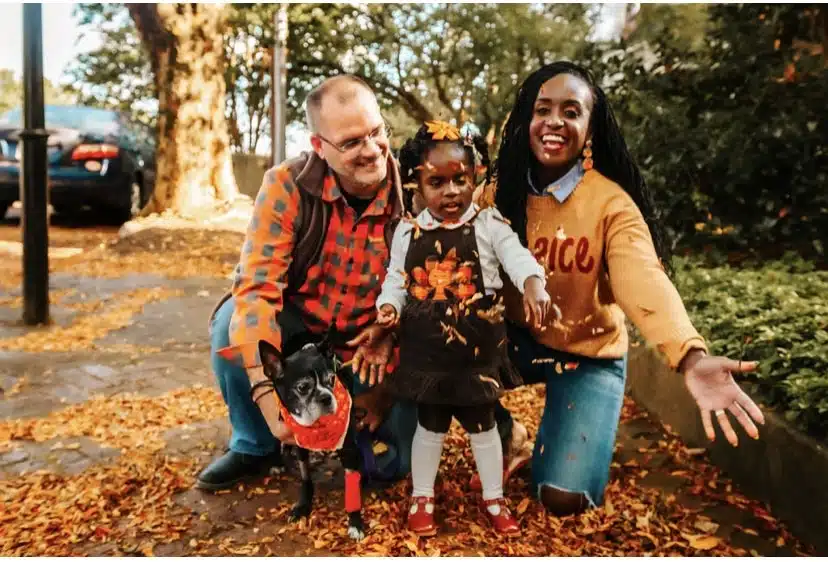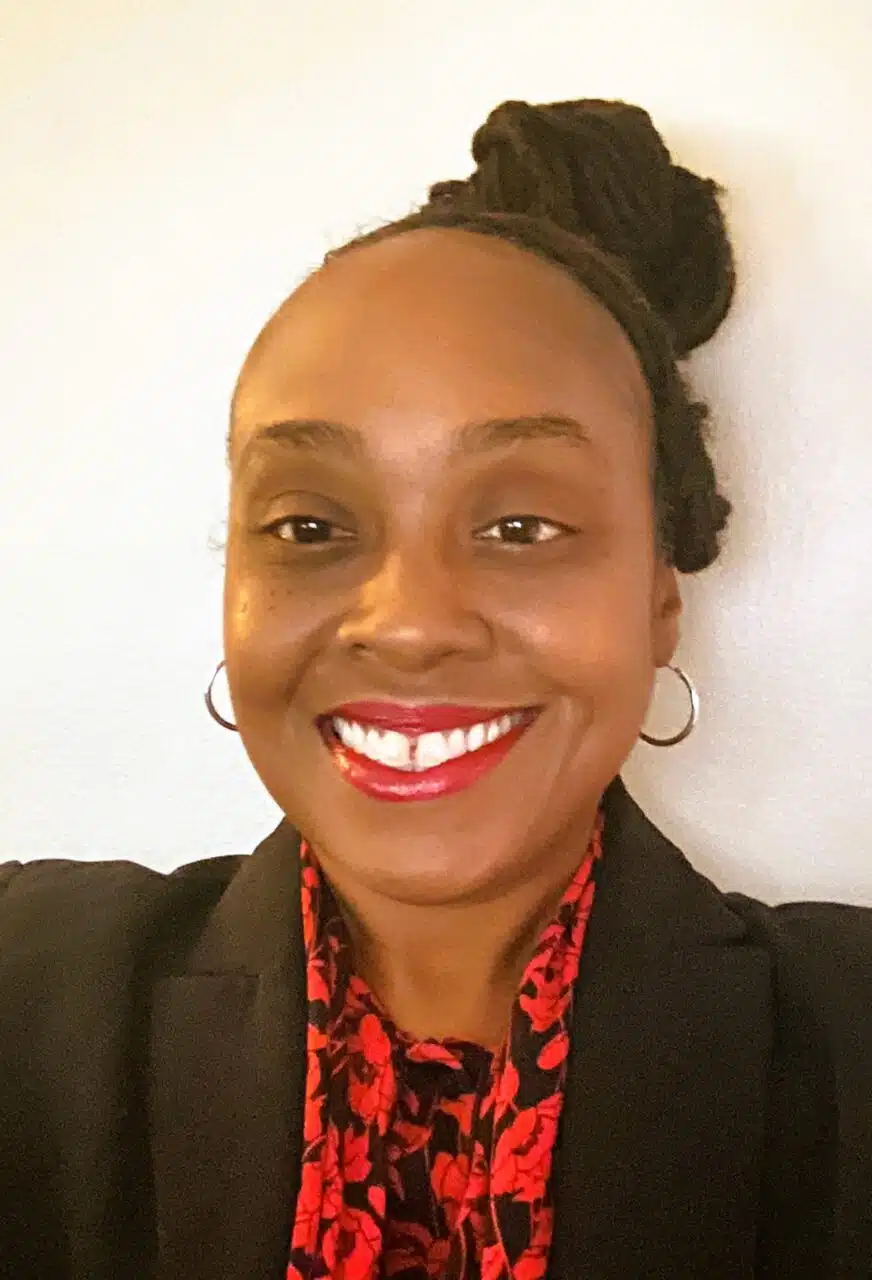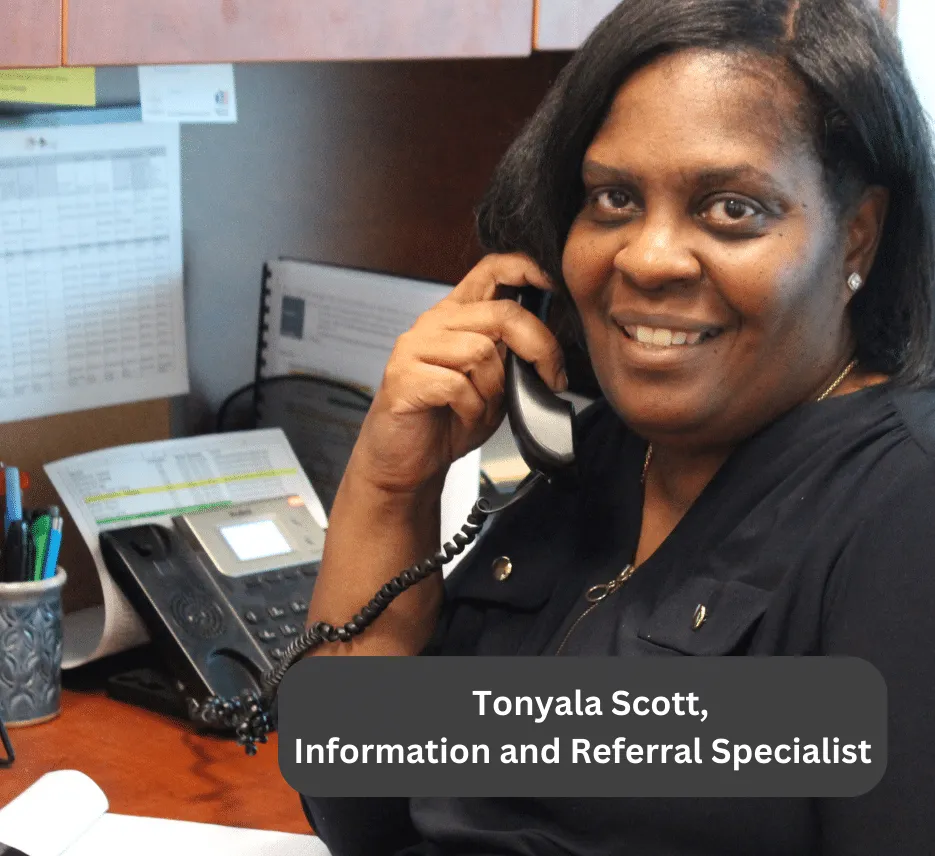Black and Brown Adoptions and Fostering: Dr. Anna Koehle
Black and Brown Adoptions and Fostering: Dr. Anna Koehle

Interview with Dr. Anna Koehle
Question: Tell me about you and your experiences with adoption/fostering?
Response: My name is Dr. Anna Koehle and I currently serve as a Senior Associate for a global consulting firm and an Adoption Expert Consultant for a fertility care company. I have also worked in a variety of leadership roles including Executive Director of an adoption agency and State Adoption Program Supervisor.
I have always been committed to helping jurisdictions address family issues in the child welfare system and prioritizing the preservation of Black families. I am also a former foster parent and an adoptive parent.
We became foster parents in 2017 because we wanted to open our home to kids who needed us. We served as foster parents for a while but later decided that we wanted to provide a child with permanency through adoption after our battle with infertility. Then in 2020, our daughter joined our family through adoption.
Dr. Anna Koehle’s Family

Edna Davis-Brown, MPH, NTI Training and Implementation Specialist with the C.A.S.E. National Adoption Mental Health Competency Training Initiative and Ujima Leaders and Lanecia Radcliff, Ujima Manager with the National Adoption Association’s Ujima Black Family Program partnered to conduct two interviews for this featured blog.
Lanecia RadCliff
The views and opinions expressed in this article are those of the author and do not reflect the policy or position of any agency, employer, or other organization.
Question: What have been some of the assumptions about a black/brown family who wants to adopt?
Response: I think it is often assumed that our duties and responsibilities are to our own communities. While that is often the priority, Black families are willing to support other families and children who are in need. For example, we seldom see promotional materials that depict Black Families fostering White, Hispanic or Asian children but we do see lots of images of white families supporting children of color. Black families are no different. We can be used in many settings to support children no matter what race, culture, and background.
In my work directly with families, some Black families have been uncertain about qualifying to foster due to some of the systemic barriers in the licensing process. I think Black families can, at times, be assumed to be recipients of child welfare services but not contributors and supporters in the child welfare system and this perception needs to change.
Question: Please share your early experiences with the home study process.
Response: Our first home study experience was not the best when we were fostering. We started with an experienced Black case worker who understood my extensive background in child welfare and shaped her approach around my experience. Having a Black case worker was a pleasant experience because of shared cultural experiences and understanding. She made us feel comfortable to deeply engage in the process.
Our caseworker changed during the process to a new worker who was by the book, so the exchange became more directive and less collaborative which was a challenge for us. The experience with the new worker was not positive or affirming.
On the other hand, the home study process for our domestic adoption was much easier. The worker’s approach helped us to figure out how to align our family characteristics to meet the needs of children. She was very responsive and did everything she could to make the process easier.
Question: What are some of your lessons learned? Anything you might do differently?
Response: When stepping up to foster or adopt, you should really think about the needs of children and ask questions about the agency’s current needs in terms of placements of children. We started out looking at what we had to offer rather than exploring if what we had to offer met the agency’s needs and the needs of the children currently being served.
Professionally, I learned that we need to be more intentional about how we recruit families to meet those needs versus solely considering what a family brings to the table. Agencies also need to be more intentional in their recruitment so that they are not exhausting resources by licensing families, who are great families, but do not meet the current needs of the children they are serving. As we all know, resources are limited in child welfare, and we want to maximize what we have.
Question: Dr. Koehle, you have written a book that will be released soon. Can you share more?
Response: Dr. Koehle has written a book entitled Adoption After Infertility. The book is a practical guide to help families who are transitioning from fertility care to considering adoption. It will be available to purchase in April 2024.
Question: What brief advice would you give a black/brown person who desires to adopt/foster?
Response: The first piece of advice is that you are needed so go for it. Don’t let the process deter you from helping children and families who need you. Also, do not allow what is reported on paper about a child to keep you from fostering or adopting. Remember we all have biases and the workers who write those reports are human and have biases as well. Sometimes what is on paper or in a record, particularly about Black and brown children, is not written from a strengths-based perspective. Many of these reports focus solely on the deficits and challenges the child may have experienced. Look for the strengths and give the kids a chance. They deserve it.



